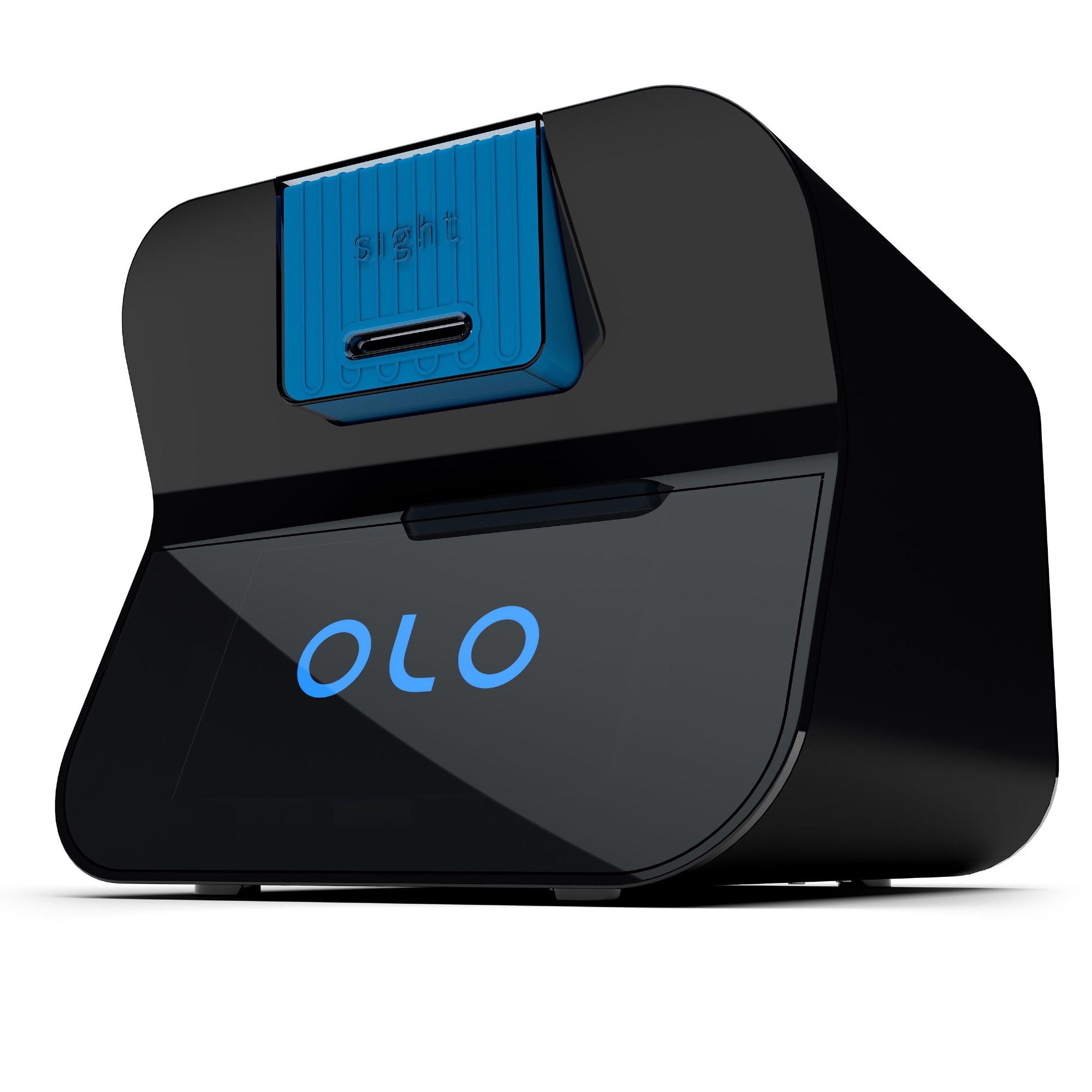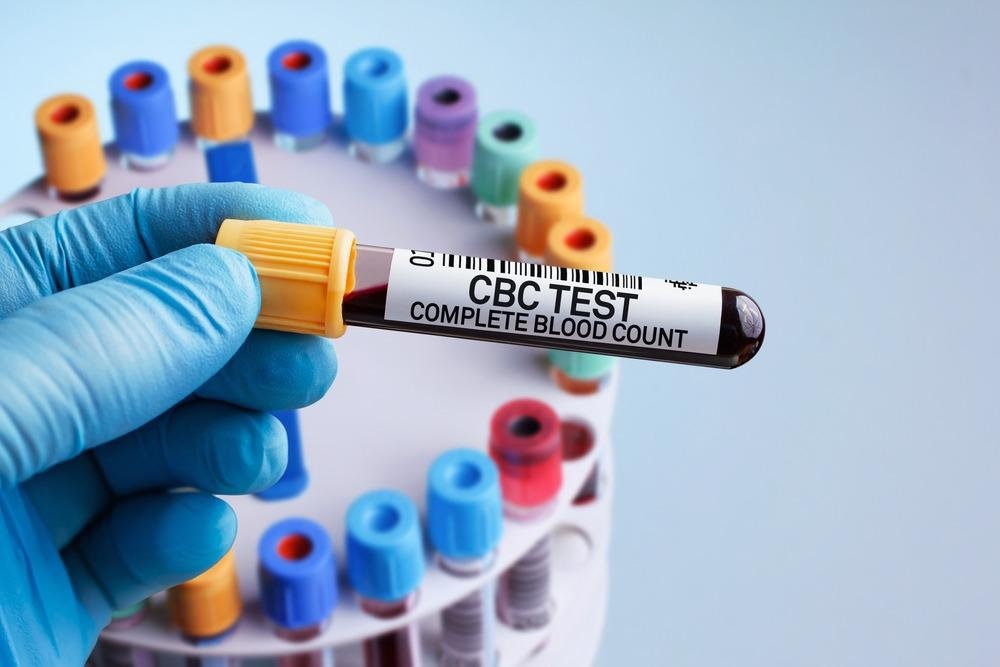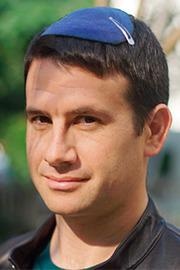My name is Yossi Pollak, and I am the co-founder and CEO of Sight Diagnostics. As the CEO of Sight, I oversee the company’s vision and business strategy, with a specific focus on scaling our advanced, AI-powered blood diagnostics technology while democratizing access to Complete Blood Count (CBC) testing worldwide.
To ensure the safety and efficacy of a drug, it’s crucial that patients participating in clinical trials are consistently monitored to determine their health status before and after administering the drug in trial.
CBC testing is often a critical component for this patient monitoring, specifically for oncology clinical trials.
A CBC test provides a comprehensive look at a patient’s overall health, making it the most commonly ordered blood test globally, with over 4 billion tests ordered annually. However, traditional CBC tests can take hours, if not days, to deliver results with venous blood draw samples needing to be transported between a central lab and the site of the trial.
By decentralizing access to CBC diagnostics and enabling both a fingerprick and venous draw sample of blood, Sight OLO is able to bring CBC to where it’s needed most, making it easier for clinical trial operators to run trials while also improving the patient experience. Plus, with results in minutes, OLO can help speed up decision-making by reducing time to results, allowing for lower operating costs and better logistic management.
 Sight OLO © Sight Diagnositcs
Sight OLO © Sight Diagnositcs
Timely access to results from clinical investigations is a challenge faced by healthcare practitioners worldwide. What are the main challenges that cause this delay, and how can technologies like OLO® help to alleviate this problem?
There are many challenges that prevent healthcare practitioners from receiving CBC test results in a timely fashion. First, current CBC analyzers are large and cumbersome, requiring placement in a traditional lab setting.
Central lab testing means that samples are often drawn into blood collection tubes and transported in a refrigerated container to a lab. From here, the blood is analyzed, and results are provided to the researcher, which can take hours or days. Furthermore, traditional analyzers require trained technicians to conduct extensive maintenance, including device wash-outs, calibration, procurement, refilling, and disposing of liquid reagents or waste.
Once the machine is prepped, technicians must manually process blood samples. Flow-cytometry devices for labs require a large footprint and high levels of maintenance as well. Even flow-cytometry devices for near-patient settings are simply ‘miniature versions’ of these larger devices, further requiring high maintenance, often at the expense of result accuracy.
OLO, on the other hand, requires no maintenance and is the first analyzer with FDA 510(k) clearance to run CBC tests directly from a finger prick of blood.
OLO evaluates samples by taking over a thousand images of each blood sample and analyzing digitized images with AI to provide results in minutes. Using a single-use cartridge and AI to analyze samples eliminates the need for bottles of wet reagents and procurement of multiple lysing agents while also cutting the need to transport samples to central labs.
OLO is also uniquely compact and lightweight, allowing the device to be easily set up throughout hospitals and in decentralized locations.
Portable point-of-care analyzers are on the rise, with many companies expanding their diagnostic equipment repertoire. Are there any particular areas of this sector that people should be paying special attention to?
One sector that has not received much attention but could benefit from using decentralized diagnostics is central laboratories. By leveraging our technology, these labs have the potential to process more samples with less blood faster than ever before.
In the coming years, I suspect that more central labs will adopt decentralized tools to increase efficiency and reduce costs.

© angellodeco/Shutterstock.com
Digitalization of the life sciences and healthcare sector is almost inevitable, especially considering the rise of artificial intelligence and cloud-based platforms in pathology. In your opinion, what further steps need to be taken to harness the full potential of these technologies? Are there any instrumental advancements that need to take place?
In many cases, AI-powered technology and cloud-based platforms are already in place across the healthcare industry. For example, we are already seeing the Radiology field adopt these technologies to speed up and refine the reading of X-rays. As other healthcare companies see the benefits of artificial intelligence and cloud-based platforms, the demand to integrate these technologies is growing.
The most instrumental advancement that needs to take place for AI and cloud-based platforms to take off in blood diagnostics will be receiving FDA approval for a platform that enables digitized blood testing.
Sight Diagnostics includes a Failsafe system to ensure result accuracy. How does this work, and what are the benefits of this software? For example, could it be used to prevent human error and misdiagnosis?
Sight OLO is factory calibrated, and its automated Failsafe system is designed to verify that calibration is maintained. Upon installation, a technician reviews parameters measured by the Failsafe system to ensure factory calibration was not affected during shipment.
Our AI-enabled failsafe system is designed to prevent erroneous results by verifying factory calibration is maintained, mitigating user errors, consumable defects, and blood sample irregularities.
Could you describe your Live Monolayer Imaging approach and how it works within Sight Diagnostic’s devices?
OLO uses a patented method of digitizing blood, known as Patented Live Monolayer Imaging (LMI™), an automated and simple method for creating a monolayer of live cells. In just one sample, this imaging system generates over 1,000 microscopy images in multiple brightfield and fluorescence modalities. OLO then deploys fully automated AI algorithms to measure, classify, and count the different cells.
Sight Diagnostics also provides solutions for malaria diagnosis with Parasight™. To what extent do you predict healthcare systems will come to rely on portable hardware for infectious disease diagnosis in the future? Do you think this will differ between higher and lower economically developed countries?
Decentralized diagnostics have the potential to benefit every country, no matter its economic status. For lower economically developed countries, decentralized CBC diagnostics democratizes access to critical blood testing unlike ever before.
In one of our operating regions, it used to take people almost an entire day to undergo CBC testing because they would have to travel hours to a central lab, undergo blood testing, and then return home. With OLO, patients can now receive these critical blood tests at much more convenient locations and get their results in minutes. These benefits reign true in higher economically developed countries. However, the impact of our technology in lower economically developing countries is more significant.
Sight OLO Impact in the fight against COVID-19
Sight OLO Impact in the fight against COVID-19. © Sight Diagnostics/YouTube.com
What do the next ten years look like for Sight Diagnostics? Are there any innovations or sectors you are striving towards?
Over the last few years, we have expanded our distribution efforts into The Gulf Region, the Nordic and Baltic States, and also into Canada to ensure all laboratories, including those in small rural and remote locations, have access to the technology and information they need to care for their patients.
Our plan is to continue expanding into new countries and implementing OLO either in hospitals, laboratories or at the point of care.
There is also enormous potential for Sight OLO in decentralized companion diagnostics. Sight works with pharmaceutical companies like Pfizer to improve patient adherence to therapy and with contract research organizations to support necessary CBC testing in decentralized clinical trials.
As a fast-paced company, innovation is always at the forefront of our company’s mission. Due to the pandemic, every industry is moving toward a digitized, virtual world, and healthcare is no exception. We are currently exploring ways to create a ‘Virtual CBC’ that allows images of blood to be digitized and uploaded to the cloud and then studied on a large scale from anywhere in the world.
About Yossi Pollak
 Yossi Pollak is a one-of-a-kind innovator with a passion for improving healthcare with AI. Prior to entering the healthcare industry, Yossi was a Project Leader at Mobileye, a recognized leader in autonomous vehicle technology that was later acquired by Intel in the largest M&A deal in Israel’s history. Yossi wanted to see if he could apply the same computer vision he developed at Mobileye that identified pedestrians, crosswalks, and traffic signals to instead identify different cells in blood.
Yossi Pollak is a one-of-a-kind innovator with a passion for improving healthcare with AI. Prior to entering the healthcare industry, Yossi was a Project Leader at Mobileye, a recognized leader in autonomous vehicle technology that was later acquired by Intel in the largest M&A deal in Israel’s history. Yossi wanted to see if he could apply the same computer vision he developed at Mobileye that identified pedestrians, crosswalks, and traffic signals to instead identify different cells in blood.
While at INSEAD business school, this business plan went on to win the INSEAD Business Venture Competition and brought life to Sight Diagnostics. Following his win, Yossi set out to build a world-class team and tackle the most commonly ordered blood test in the world – the complete blood count (CBC) – through Sight OLO.
Over the last decade, Yossi Pollak has led Sight Diagnostics to become a global company backed by more than $123.8M in funding, making it one of the leading startups in the blood diagnostics industry. More recently, throughout 2020 and 2021, Sight has tripled its headcount and expanded its distribution presence globally to include Canada, EMEA, LATAM and Australia.